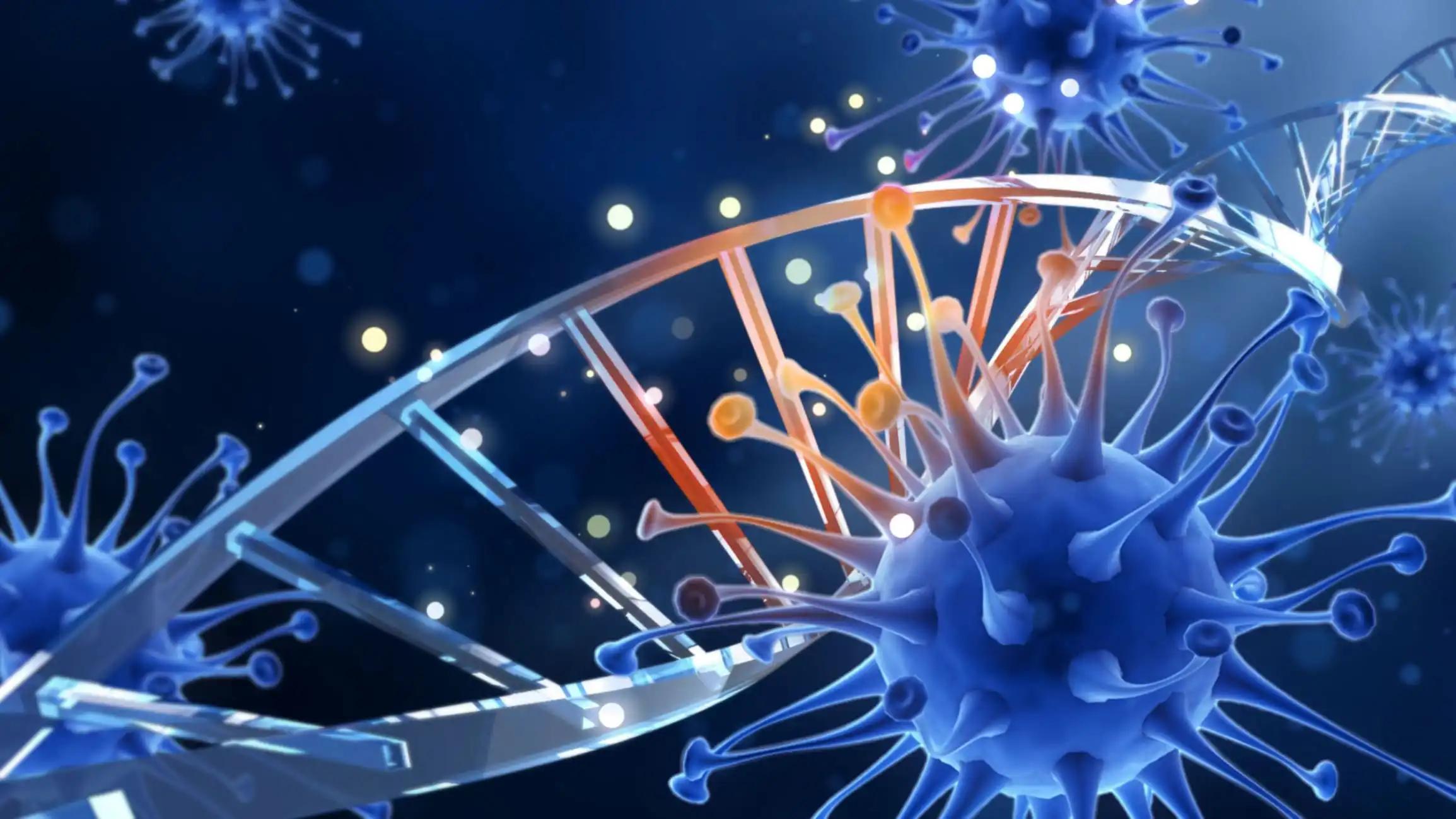KEY TAKEAWAYS
- The study aimed to assess honey’s efficacy in severe oral mucositis during head and neck cancer radiotherapy.
- The results showed honey effectively manages oral mucositis, serving as an adjuvant in radiotherapy-associated cases, especially for prolonged treatments.
Chen-Pi Li and the team conducted a meta-analysis to settle debates regarding honey’s efficacy for severe oral mucositis in head and neck cancer radiotherapy.
The study entailed an extensive literature review, spanning databases including PubMed, Embase, WOS, and the Cochrane Library up to December 2023. They focused on randomized controlled trials evaluating honey’s effectiveness, primarily examining mucositis incidence. Supplementary endpoints comprised weight loss, severe pain, and the variants of honey administered. Data analysis utilized CMA software, with a funnel plot applied to detect publication bias.
The results revealed that, from an initial pool of 176 records, 10 studies involving 599 patients undergoing radiotherapy were included in the analysis. Honey demonstrated significant reductions in the incidence of grade 3-4 mucositis (severe mucositis), substantial alleviation of pain, and notable mitigation of weight loss. Analysis indicated no significant discrepancies in the effectiveness of various honey types in ameliorating severe mucositis
The study concluded that honey is an effective intervention for individuals with oral mucositis, potentially serving as an adjuvant in managing clinical radiotherapy-associated oral mucositis, particularly beneficial for patients requiring prolonged use of anti-analgesic or antifungal medications.
No funding-related information was available.
Source: https://pubmed.ncbi.nlm.nih.gov/38688612/
Li CP, Gau SY, Chen CC, et al. (2024). “Honey in Alleviating Severe Oral Mucositis Among Head and Neck Cancer Patients Undergoing Radiation Therapy. In Vivo.” 2024 May-Jun;38(3):1397-1404. doi: 10.21873/invivo.13581. PMID: 38688612.



